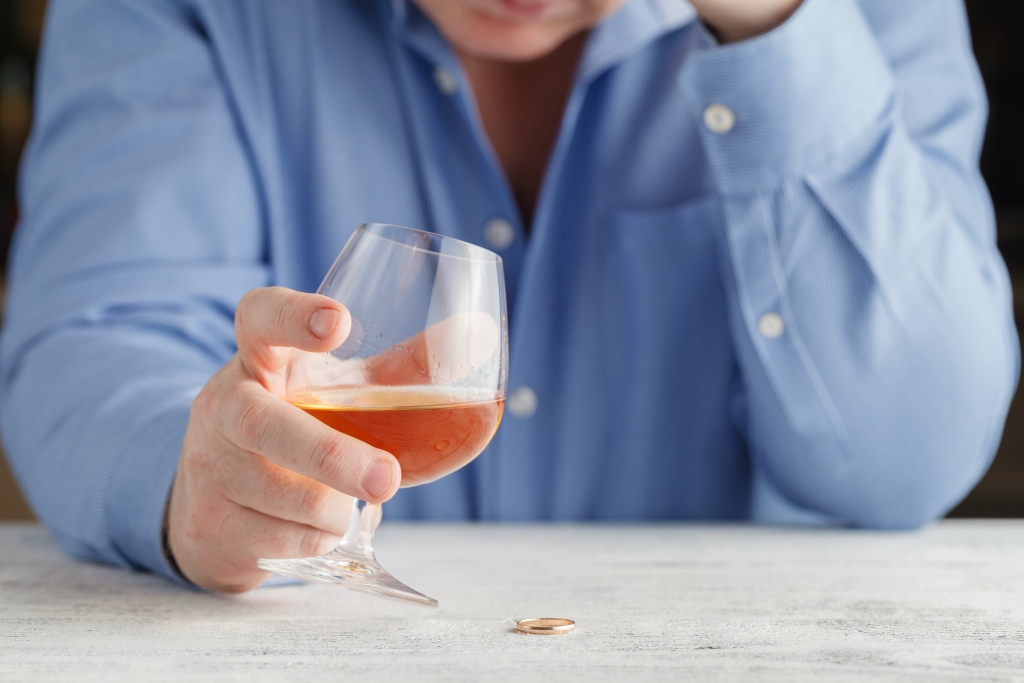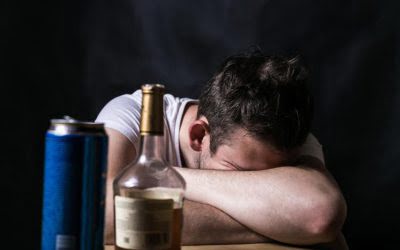Forms of charades like emotions charades can also encourage participants to explore their emotions and become more comfortable with them. This can include medication-assisted treatment, group therapy, individual therapy, life skills groups, psychoeducation groups, and support groups. Some clients may present with reluctance to participate in the different forms of group therapy during their treatment program. Individual therapy provides clients with one-on-one time with a trained Counselor which can feel less overwhelming and more personal than a group setting.
MORE Substance Abuse Group Therapy Activities
One way to foster these qualities is through fun and engaging activities like Recovery Charades. This game not only promotes creativity and teamwork, but it also provides a platform for individuals to express themselves in a lighthearted and enjoyable setting. Triggers are people, places, and thoughts that make people battling with substance abuse have a strong urge to use drugs.
- These skill-building activities can enable individuals to develop healthy habits, minimizing the risk of relapse.
- During a mindfulness meditation, group members focus on their breathing and treat their thoughts like passing clouds.
- You can also keep a compassion box in which group members can write positive notes for other members.
They are a common cause of relapse, so it’s vital to deal with them. Ask participants to talk about their triggers and coping mechanisms they found useful. Addiction can damage self-esteem and confidence, leaving individuals feeling worthless. Group activities provide a forum for building self-esteem and confidence. Through positive Twelve-step program interactions, constructive feedback, and shared triumphs, individuals may begin to recognize their strengths, boosting their self-worth. This enhanced confidence can promote recovery, reducing the risk of relapse.
Interactive Activities For Holistic Recovery
While therapy and medication are vital components, supplementing traditional treatment with interactive activities can foster sustainable recovery. Incorporating movement into therapy can help individuals process emotions stored in the body. Dance and movement therapy is an experiential therapy activity that allows participants to express feelings through physical movement. This activity can help individuals release tension, overcome body-related anxieties, and feel more grounded in their physical presence. Guided imagery is a relaxation-focused experiential exercise for group therapy that helps participants visualize positive outcomes or safe spaces. A facilitator leads the group through a calming meditation, prompting them to imagine a place of peace or success in their recovery.
Thought Replacement Activity
Have the clients write their names in the middle of their poster with a marker of their choice. You can also spread the affirmations on a table for your group participants to look through. Here are 13 experiential therapy activities that can be used in group settings to facilitate healing and growth for those recovering from addiction. Yes, addiction recovery activities are adaptable to different recovery stages. From the early stages to the latter ones individuals can start group activities at any stage of the recovery journey. By sharing their stories and listening to others, individuals realize addiction isn’t a character flaw but a complex condition that they can overcome with support and community.
- And for those looking to blow off some steam, group fitness classes like boxing or dance provide a healthy outlet for pent-up emotions.
- Her area of expertise includes writing on addiction challenges, providing guidance on treatment procedures, and addressing co-occurring mental issues.
- A 1-page mental health worksheet for identifying things to be grateful for in different life areas.
To encourage participants to share their fears, ask them to write them down on a piece of paper and pass around a hat or bowl where they can slip the paper. Then, read out the fears and allow members to identify shared fears. Doing so can make participants realize they substance abuse group activities aren’t alone in their struggles. Games focusing on emotional regulation are incredibly useful in both youth and adult recovery settings.

Balance empathy with gentle guidance to increase participants’ comfort levels. A fun worksheet for creating a bucket list of things that are only possible in sobriety. A 5-page template for creating a substance use relapse prevention plan. A 1-page worksheet for examining past substance use relapses and strategies for avoiding future relapses. A worksheet for clients to pass around to group members so each person can write a positive affirmation.

When brainstorming words for the list, consider including a mix of recovery-related terms, general phrases, and creative prompts. This variety will challenge participants to think outside the box while also allowing them to connect with the theme of recovery in a meaningful way. To further enhance the game, consider incorporating words that align with your team’s interests or inside jokes for an added layer of personalization and entertainment.

Mental Health Handouts
There’s something about the great outdoors that puts our problems into perspective and reminds us of the vastness of possibilities. Each player rolls the die and moves around the board, following the instructions on the spaces where they land. Sometimes players may lose a turn or have to pay a coin to the bank, and other times they may get to roll again or take money from the bank.
Substance abuse treatment involves several types of therapies to address the wide-ranging symptoms of substance abuse that people can experience. Experiential activities for group therapy offer dynamic ways to engage individuals in addiction recovery, helping them process emotions, build connections, and foster personal growth. From creative expression to trust-building exercises, these experiential therapy activities can unlock deeper layers of healing and encourage long-lasting recovery.
Who leads group therapy?
It’s not just arts and crafts; it’s a tangible reminder of why they’re on this journey. Wondering how to reduce detox symptoms during substance withdrawal? Discover 7 proven strategies to ease discomfort and make detox safer https://ecosoberhouse.com/ and more manageable. Our detox clinic offers medically supervised care, emotional support, and personalized plans to help you start… Whether you’re a counselor or a recovering addict, any of these games could significantly impact your life.

Ý Kiến Phản Hồi